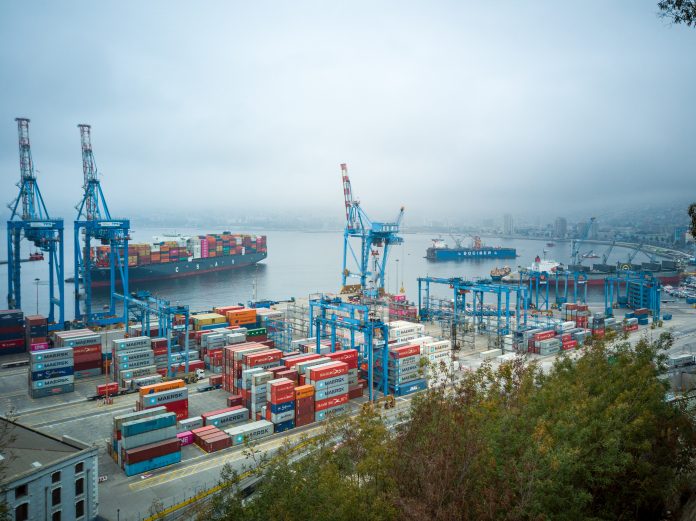As the first anniversary of the German Supply Chain Due Diligence (LkSG) Act comes round, Moody’s Analytics recently considered the substantial shifts and impacts this legislation has introduced.
The law, which became effective in January 2023, has placed human rights and environmental concerns at the forefront for large corporations, establishing Germany as a pioneer in this field.
The LkSG is part of a wider international movement, with governments worldwide enacting laws to combat ESG (Environmental, Social, and Governance) offences, such as modern slavery, forced labor, human trafficking, and environmental harm. It has intensified the focus on corporate sustainability and responsible supply chain management.
Initially, the LkSG act mandated companies with at least 3,000 employees to adopt “appropriate measures” for respecting human rights and the environment throughout their supply chains. By 2024, this requirement expanded to include companies with over 1,000 employees, bringing the total number of affected corporations to nearly 4,000.
The act’s impact is tangible; the first complaint was lodged with the German Federal Office of Economic Affairs and Export Control by garment workers, highlighting inadequate monitoring of factories and the consequent risks to employee safety. Non-compliance can lead to severe penalties, with companies generating over €400m in annual turnover facing fines up to 2% of their turnover. Those fined over €175,000 may also be barred from public procurement contracts for as long as three years.
Procurement, compliance, and risk departments are diligently working to align their processes with the law’s requirements. The real test of the LkSG act’s efficacy lies in its application by the companies. Instances of inadequate supplier due diligence have already resulted in substantial reputational damage and financial risk for several firms. In June 2023, a significant legal action was initiated by the European Center for Constitutional and Human Rights (ECCHR) against three leading German automotive companies.
The ECCHR accused these companies of failing to satisfactorily incorporate human rights considerations into their due diligence procedures. This complaint, filed under the LkSG act, prompted the Federal Office of Economics and Export Control (BAFA) to contemplate possible actions, which might include recommendations for due diligence practices or administrative sanctions.
BAFA is now proactively monitoring hundreds of companies to ensure full compliance with the LkSG law throughout their supply chains. Companies are expected to develop a comprehensive, transparent risk analysis framework, adopt best practices for supplier due diligence, prepare to address any violations, and be adaptable to future legal changes.
Enrico Aresu, the Director of Financial Crime Compliance Industry Practice Lead for DACH, BeNeLux, and CEE, highlighted the nuanced nature of this law, emphasizing that companies are expected to exercise due care, though not guaranteed success. Initially, the regulator’s focus has been on establishing a complaint mechanism and ensuring that company responsibilities are reflected across the organization.
For businesses, it’s now imperative to possess a robust risk analysis framework, comprehend the legal requirements, devise strategies for compliance, promptly address any reported issues, and mend any breaches when violations occur.
This legislation, along with similar laws in other countries, underscores the necessity for companies to establish a solid supplier due diligence framework to prevent human rights and environmental violations, thus avoiding hefty fines and the potential for severe reputational damage.
Companies must integrate their risk policy with their risk analysis framework. Each company’s policy should reflect the specific risks it faces and the corresponding mitigation measures.
An effective analysis then targets these areas of risk. Companies are required to evolve their human rights strategy policy statement, define organizational responsibilities, and conduct thorough due diligence or risk analysis across what is often a complex, global supplier network.
Read the full post here.
Copyright © 2024 RegTech Analyst
Copyright © 2018 RegTech Analyst






